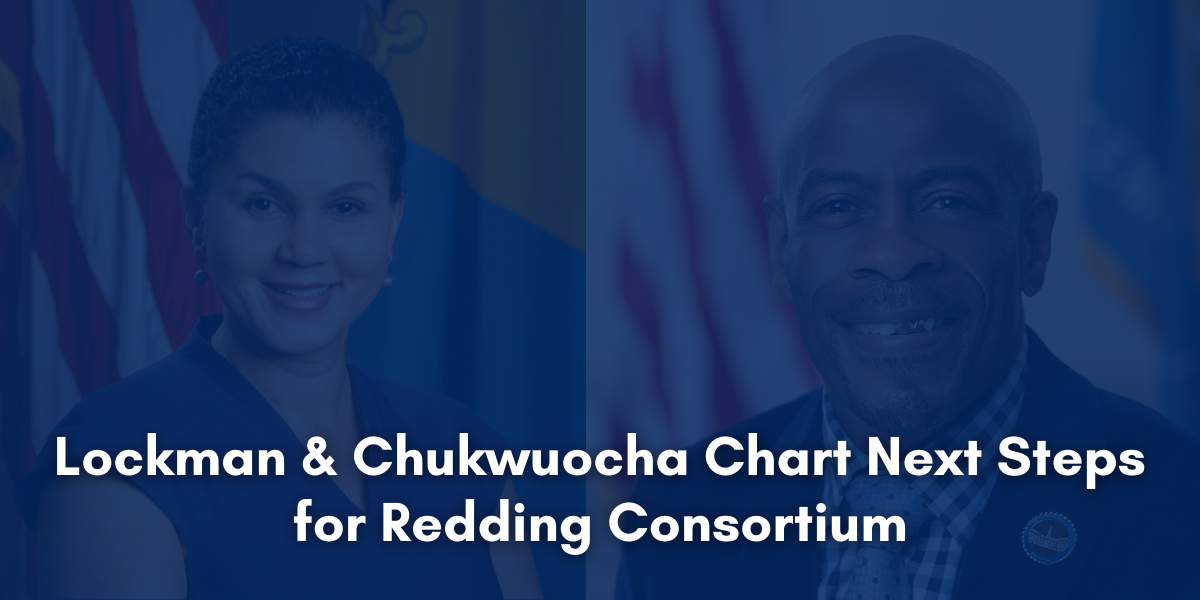FOR IMMEDIATE RELEASE | April 17, 2025
Contact: Sarah Fulton (302) 401-1114
DOVER — Pro-labor lawmakers filed two bills Thursday to strengthen the rights of Delaware workers. The introduction of these bills comes just days after Donald Trump stripped collective bargaining rights from more than a million federal workers.
“If the President really wants to ‘unleash the full power of the American economy,’ he can start by following the lead of Delaware lawmakers who are actually fighting for the better pay and working conditions that Donald Trump has failed to deliver for working families,” said Stephanie Ingram, president of the Delaware State Education Association — the single largest labor union in the First State. “The bills that our allies in the Delaware General Assembly have sponsored today will make it easier for more Delaware workers to unionize and give us more tools to fight for our coworkers and our families.”
Sponsored by Senate Majority Leader Bryan Townsend and House Majority Whip Ed Osienski, Senate Bill 25 would simplify the burdensome process that State of Delaware employees must follow to certify the formation of a new public employee union.
Under current law, state employees wishing to collectively bargain for better wages and working conditions must first file a petition with the Public Employment Relations Board (PERB) with signatures from 30% of the workers who would be eligible for union membership.
Following a PERB hearing and additional opportunities for both sides to determine a final appropriate bargaining unit, current state law requires a majority of employees in that unit to vote in favor of certifying their union.
Under SB 25, public employees would be permitted to skip certification elections if more than 50% of the workers eligible for union membership sign a petition filed with the PERB, sometimes referred to as a card.
Card check certification is already permitted in several states including Maryland, Maine, Oregon and Illinois — all states with higher percentages of union affiliation than Delaware. In fact, research indicates that differences in union density between states and nations may be largely attributable to variances in rules around union elections.
“During this period of economic uncertainty and volatility driven by our federal government, state lawmakers have a responsibility to create and sustain pathways to gainful employment and higher wages,” said Sen. Townsend, chair of the Senate Labor Committee. “Simply put, we should do everything in our power to make it easier for Delaware workers to unionize.”
House Bill 130, sponsored by Rep. Osienski and Sen. Dan Cruce, would further strengthen public employee unions by requiring public employers to routinely provide accurate and up-to-date information about bargaining union employees to the union that represents them.
“As a career union worker, I know firsthand the power of collective bargaining and what it means for working families. I’m proud to stand up for the rights of Delaware workers, especially our teachers and public servants, who want the freedom to unionize and have a real voice on the job,” said Rep. Osienski.
HB 130 also would require public employers to permit union members to use their work-based email and publicly owned facilities to discuss collective bargaining, workplace grievances and other union matters, consistent with applicable policies and governmental operations.
Most of the data is currently provided by public employers — but it is often on an inconsistent, ad hoc basis that is not currently protected in state law.
“Our educators and other public sector employees have a great deal of work that they have to juggle throughout their workday. This bill is designed to provide a modicum of convenience to these workers so that they may have more streamlined access to their union reps,” said Sen. Cruce, Senate prime sponsor of HB 130. “This is common sense legislation that reaffirms our commitment to workers’ rights here in the First State.”
Both SB 25 and HB 130 have been endorsed by the Delaware State AFL-CIO.
“While a majority of workers in the United States would like to join a union, they often face barriers and opposition from their employers when trying to win certification,” said Nelson Hill, president of the Delaware State AFL-CIO.
“Now that opposition is coming directly from the White House, which has worked to strip union rights away from workers and undermined the National Labor Relations Board that governs private-sector unions,” he said. “Thankfully, our public sector unions are rising to meet that challenge with the help of state leaders who recognize the value of organized labor and the positive impact that unionized state workers have on delivering crucial services to our state.”
###



